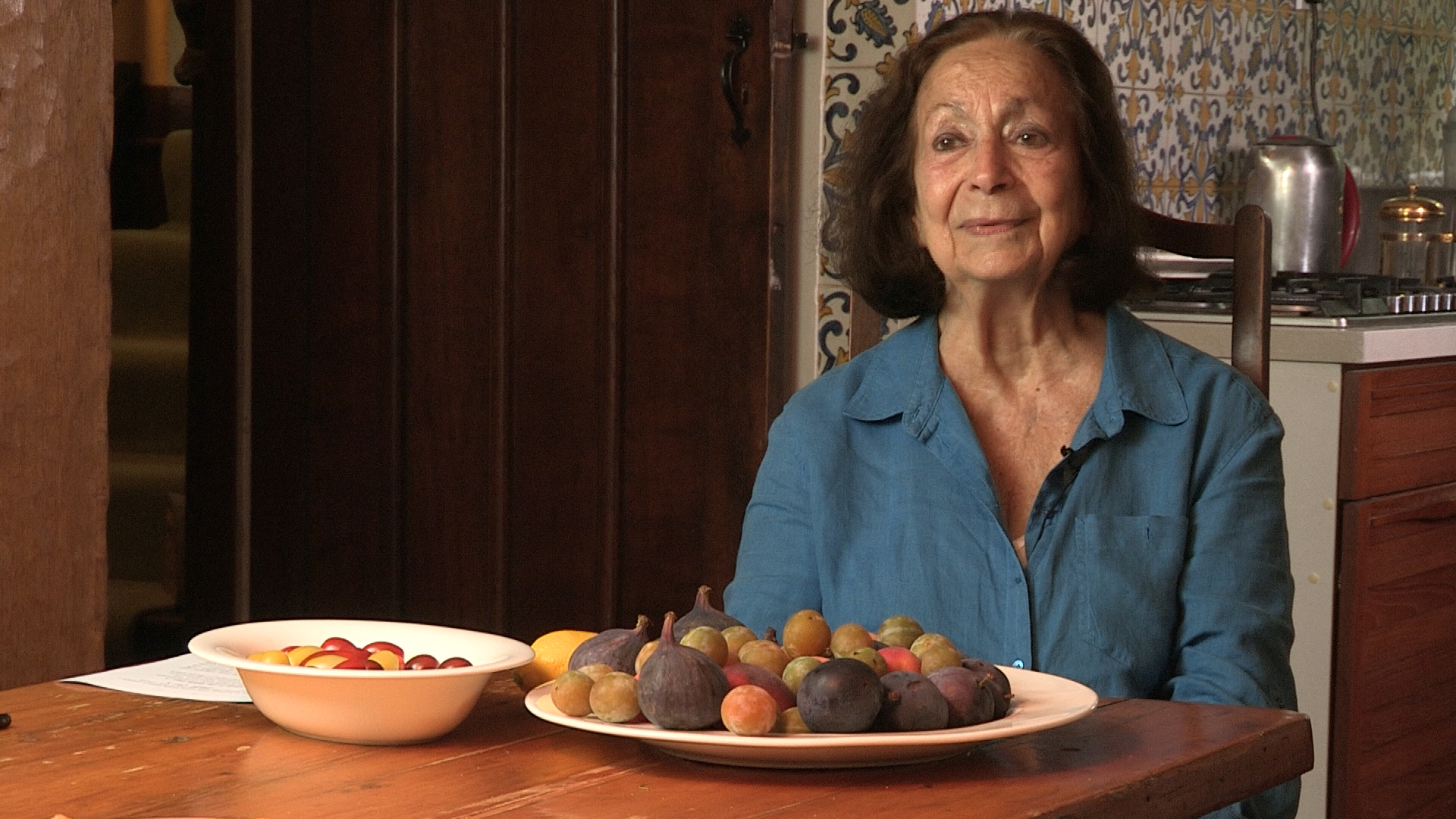NEXT STORY

Feeling welcome in Sicily
RELATED STORIES

NEXT STORY

Feeling welcome in Sicily
RELATED STORIES


|
Views | Duration | |
|---|---|---|---|
| 51. Modern Italy and old props | 1 | 02:55 | |
| 52. Unwelcoming hunting lodge in Sardinia | 02:57 | ||
| 53. Regional divisions in Italy | 03:57 | ||
| 54. Feeling welcome in Sicily | 1 | 03:35 | |
| 55. Exploring food in Sicily | 1 | 03:10 | |
| 56. The cheapest holidays are sometimes best | 03:36 | ||
| 57. The grand wedding in Sicily | 1 | 04:45 | |
| 58. Jewish food? There is no such thing! | 1 | 03:56 | |
| 59. My Jewish odyssey | 2 | 03:16 | |
| 60. Jewish dafinas | 4 | 02:11 |


Italy is a great example about how food reflects life, history, and geography. Because of its huge diversity. The diversity, because of its division, not that long ago, not yet 200 years. Just after 170 years or so, it's division into many states. Different states. There were kingdoms, republics, papal states, all kinds of different ones, all of them had their history, their culture, their food that was different. Also it was different... and people actually at the time that I was travelling, never wanted to eat anything that another region cooked. They didn't know what they cooked, and they didn't want to know. Of course, now they don't get their recipes from mama anymore, they look on the internet. And much of what is going on here, goes on there. But they are still attached to their own cuisine, particularly.
But there's also... at the time that I was travelling, there was strong divisions that were regional. You would have, for instance, the division between the north and the south, which was the most marked. And, for instance, you would have butter in the north, pork fat in the centre, and olive oil in the south. And in Milan, for instance, they hardly used any olive oil early on. But when I was travelling, they were beginning to use oil, and they were saying, 'Have you heard of the Mediterranean diet?' Because they had heard of the Mediterranean diet and they were saying, 'Well, we are using olive oil now'. But there was also black pepper in the north, in the south it was chilli, hot chilli. And in the north, it was rice and polenta. In the south it was spaghetti and pizza, and in the centre it was tagliatelle, not spaghetti. So, there was no spaghetti in Bologna. They were angry when people asked for spaghetti bolognaise. They were offended. So, there was this great difference, that to me was very interesting. At that time, the north of Italy hadn't been invaded by the immigrants from the south. Because eventually, most of the cooks in the north were people from the south who had come either to work in factories, in industries, or in the kitchens of the restaurants, and in families.
Claudia Roden (b. 1936) is an Egyptian-born British cookbook writer and cultural anthropologist of Sephardi/Mizrahi descent. She is best known as the author of Middle Eastern cookbooks including A Book of Middle Eastern Food, The New Book of Middle Eastern Food and The Book of Jewish Food.
Title: Regional divisions in Italy
Listeners: Nelly Wolman
Claudia Roden talking to her granddaughter Nelly Wolman about her life in food.
Tags: Italy
Duration: 3 minutes, 57 seconds
Date story recorded: September 2022
Date story went live: 04 December 2023